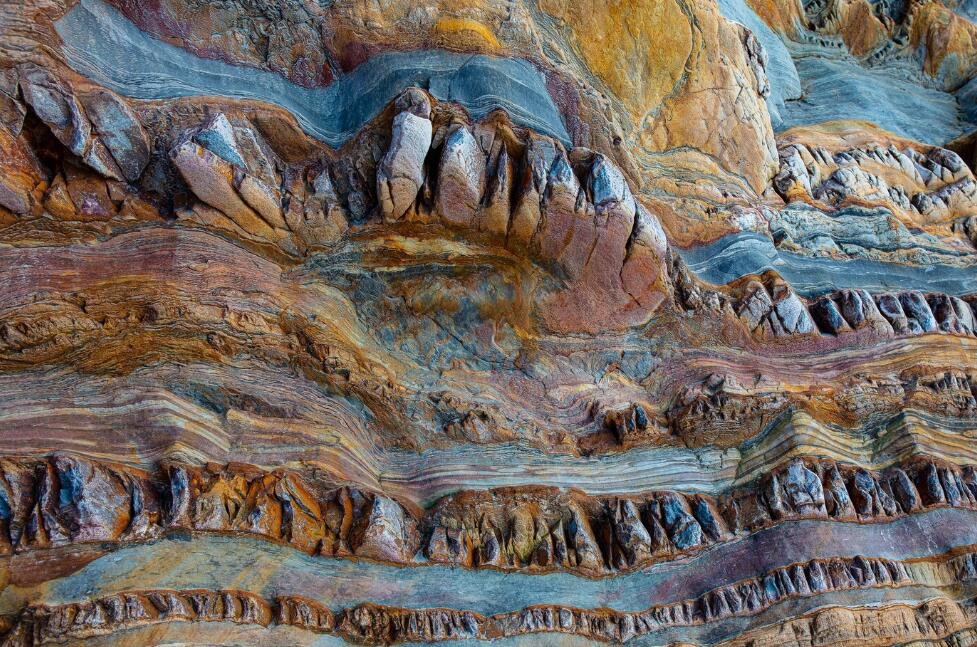The concept of geology comes from two Greek words: geo (“ earth ”) and logos (“study”). It is the science that analyzes the internal and external shape of the terrestrial globe. That said, geology is responsible for studying the materials that make up the globe and the respective formation mechanism. It also focuses on the changes that these matters have undergone since their origin and the current status of their placement.
Within the geological sciences, it is possible to distinguish several disciplines. Structural geology is that which studies the structures of the earth’s crust. In this way, it analyzes the relationship between the various rocks that compose it.
Historical geology, in turn, studies the transformations of the Earth, from its origin to the present. To facilitate the analysis, geologists performed chronological divisions such as eras, periods and ages, among others.
Economic geology is interested in the study of rocks in search of mineral riches that can be exploited by man . When geology finds deposits, mining begins.
Earthquakes and the propagation of seismic waves are studied by seismology. The rock rupture process, responsible for the release of seismic waves, is one of its main points of interest.
Volcanoes, magma and lava , on the other hand, belong to the realm of volcanology. This discipline observes volcanic eruptions and seeks to prevent them.
Finally, we will emphasize that astrogeology or exogeology is about applying geological techniques and knowledge to celestial bodies such as planets, comets and asteroids.
List of Acronyms Related to Geology


